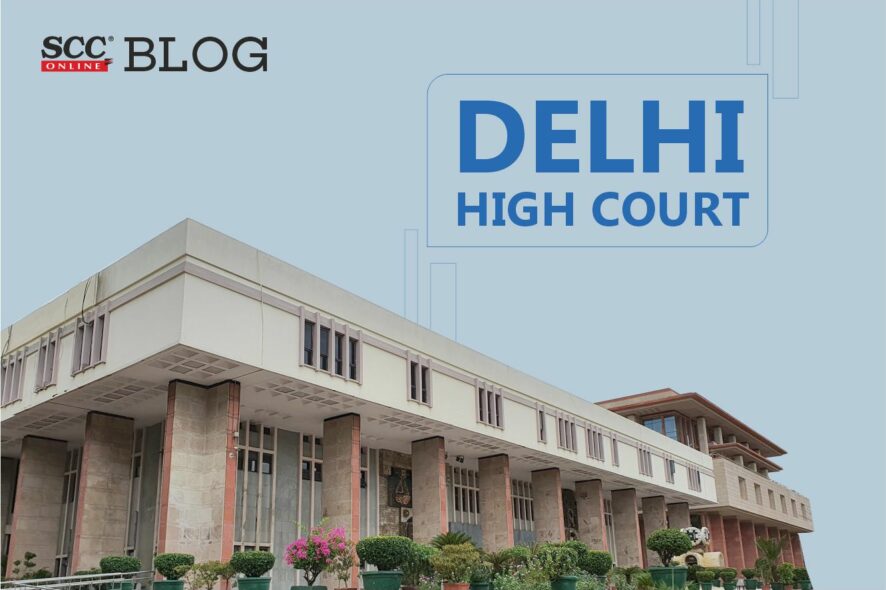Delhi High Court: While granting bail to the person accused of offences under Protection of Children from Sexual Offences Act, 2012 (POCSO), the Single Judge Bench of Jasmeet Singh, J. held that it was not the case where the girl was forced to be in relationship with the accused after noting that the girl herself wanted to stay with the accused.
In the present case, a minor’s father stated that his daughter was 17 years old when she got married to accused on 30-06-2021 and further stated that when his daughter went to the house of the accused, he took her to Punjab and performed marriage with her. Hence, the FIR was filed by minor’s father alleging that the accused took his daughter against her will.
Analysis, law and Decision
The Court opined that “the intention of POCSO was to protect children under the age of 18 years from sexual exploitation. It was never meant to criminalize consensual romantic relationships between young adults. However, this must be seen from the facts and circumstances of each case as there might be cases where the survivor of sexual offences may be under pressure or trauma, be forced to settle”.
The Court relied on the case of Vijayalakshmi v. State, 2021 SCC OnLine Mad 317, wherein the Madras High Court observed that “there can be no second thought as to the seriousness of offences under the POCSO Act and the object it seeks to achieve. However, it is also imperative for this Court to draw the thin line that demarcates the nature of acts that should not be made to fall within the scope of the Act, for such is the severity of the sentences provided under the Act, justifiably so, that if acted upon hastily or irresponsibly, it could lead to irreparable damage to the reputation and livelihood of youth whose actions would have been only innocuous. What came to be a law to protect and render justice to victims and survivors of child abuse, can become a tool in the hands of certain sections of society to abuse the process of law”.
The Court found that the girl married the accused out of her own will and without any undue influence. Therefore, the Court opined that this was not the case where the girl was coerced into the relationship with the boy and as a matter of fact, the girl herself went to the house of the accused and asked him to marry her. Moreover, the statement of the victim made it clear that it was a romantic relationship and the sexual act involved between them was consensual.
Although the victim was a minor and her consent did not have any legal bearing, the Court believed that “the factum of consensual relationship borne out of love should be of consideration while granting bail because it would amount to perversity of justice if the statement of victim was ignored and accused was left to suffer behind jail”.
It was observed that the proceedings before this Court were of grant of bail and not of quashing of FIR. Thus, the Court granted bail to the accused.
[Ajay Kumar v. State (NCT of Delhi), 2022 SCC OnLine Del 3705, decided on 20-10-2022]
Advocates who appeared in this case :
Omkar Sharma, Advocate, for the Petitioner(s);
Ajay Vikram Singh, Additional Public Prosecutor, for the Respondent(s).






